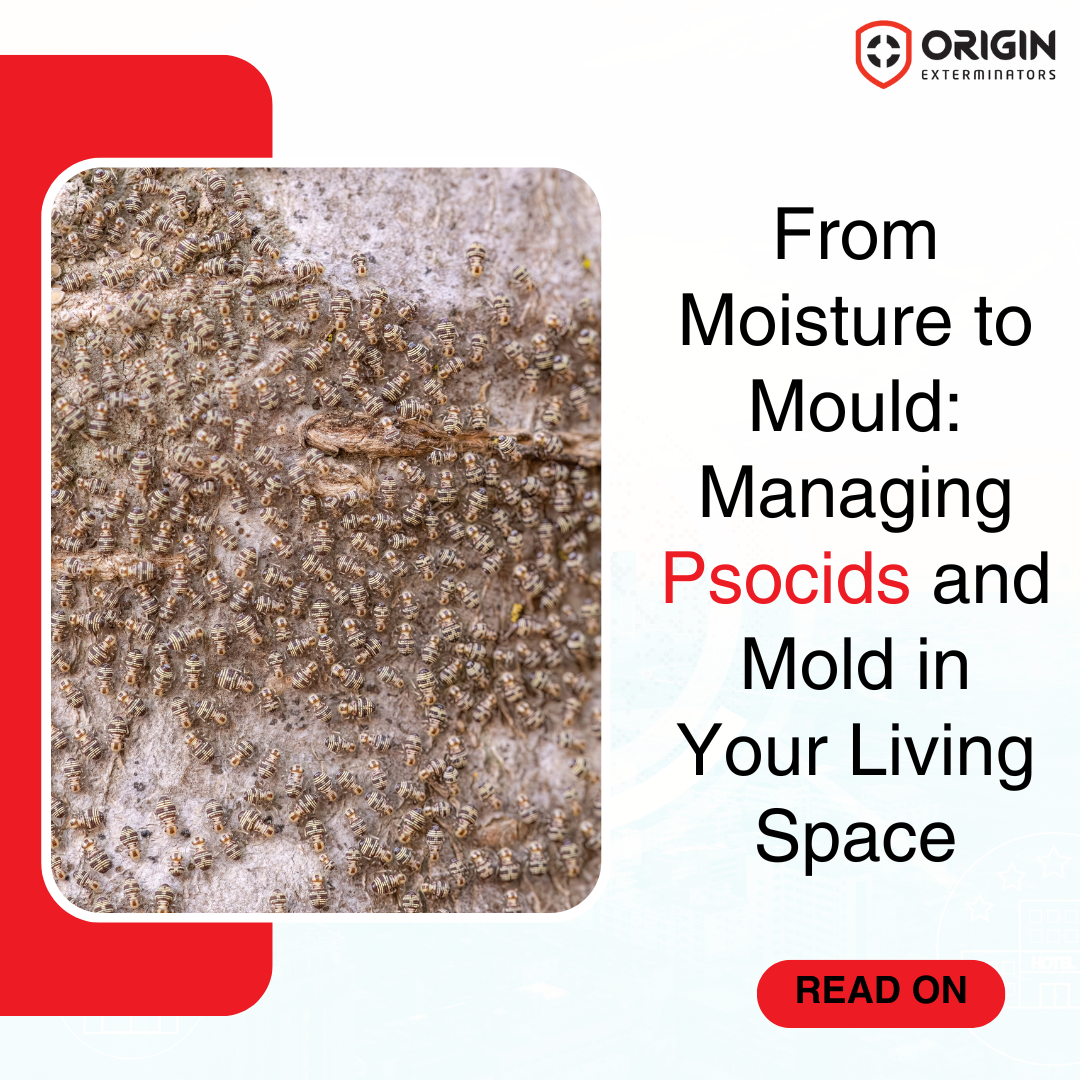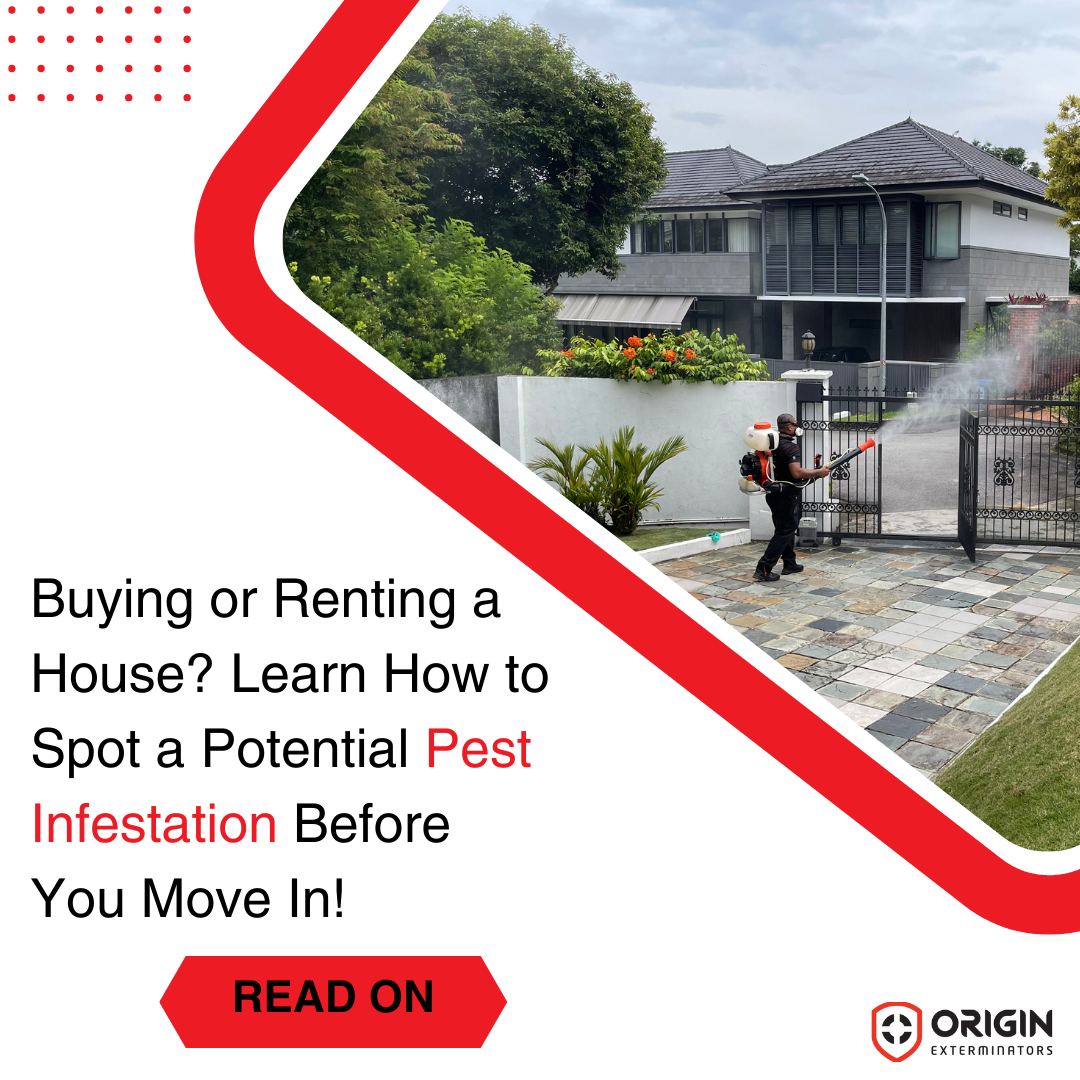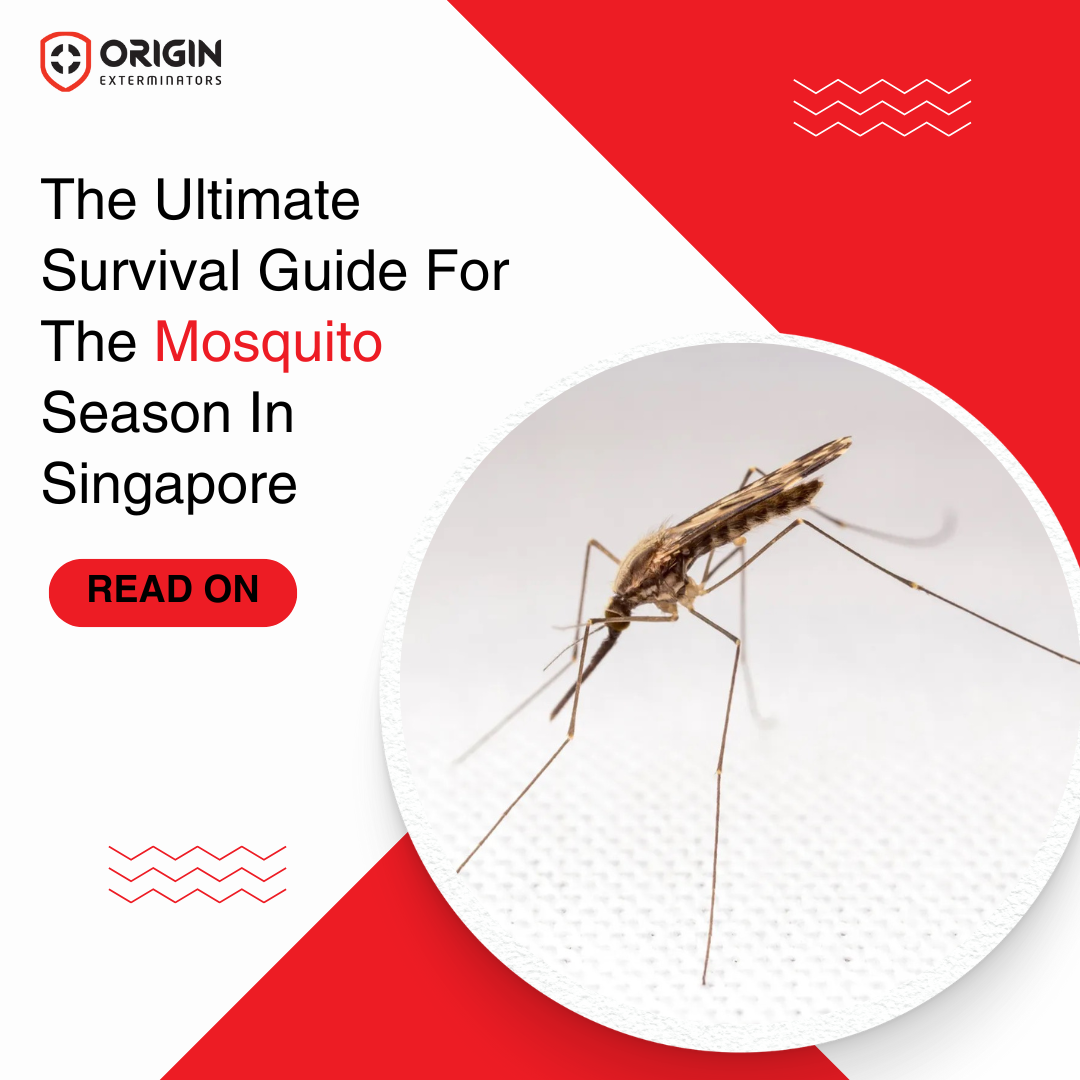There’s no doubt that moisture is an ever-present challenge in Singapore's tropical climate. Unchecked humidity brings a host of household issues, including the proliferation of psocids (commonly known as booklice) and the growth of unsightly, potentially harmful mould. Addressing these problems promptly is crucial for maintaining a healthy living environment.
As a homeowner or renter in Singapore, you understand the importance of creating a comfortable, safe space for yourself and your loved ones. However, the combination of high temperatures and humidity can create the perfect breeding ground for unwanted guests like psocids and mould. This article explores the world of psocids and mould - their origins, risks, and effective management strategies tailored to Singapore's unique climate.
Understanding Psocids (Booklice) in Singapore
Psocids, commonly referred to as booklice, are tiny insects that thrive in damp, humid environments. Despite their name, they do not feed on books but rather on mould, mildew, and other organic matter. In Singapore's tropical climate, psocids can quickly become a nuisance, infesting homes and spreading rapidly.
These minuscule creatures measure only 1-2 millimeters in length and are often mistaken for dust or debris. However, their presence is a telltale sign of excessive moisture and potential mould growth. Psocids are attracted to areas with high humidity, such as bathrooms, kitchens, and poorly ventilated spaces.
Excessive moisture not only attracts psocids but also provides the perfect breeding ground for mould growth. Mould spores can quickly take hold in damp environments, leading to unsightly and potentially hazardous infestations.
Additionally, mould can trigger allergic reactions, respiratory problems, and other health issues, particularly for individuals with compromised immune systems or pre-existing conditions like asthma.
By addressing psocid infestations promptly and controlling moisture levels in your home, you can mitigate the risks associated with mould growth and protect the health of your family.
Steps to Prevent and Manage Psocids and Mould in Singapore
Preventing and managing psocids and mould in your Singapore home requires a multifaceted approach. By following these steps, you can effectively address these issues and maintain a healthy, comfortable living space:
- Identify and Eliminate Moisture Sources
- Inspect your home for leaks, condensation, or areas with high humidity
- Repair any plumbing issues or leaks promptly
- Use dehumidifiers or improve ventilation in damp areas
- Maintain Proper Ventilation
- Ensure adequate airflow throughout your home
- Use exhaust fans in bathrooms and kitchens
- Open windows and doors regularly to promote air circulation
- Aim for a relative humidity level between 30% and 50%
- Use dehumidifiers or air conditioning to regulate humidity
- Avoid activities that generate excessive moisture, like drying clothes indoors
- Clean and Dry Affected Areas
- Remove any visible mould growth using proper safety precautions
- Dry out damp areas thoroughly to prevent further mould growth
- Discard porous materials that cannot be adequately cleaned or dried
- Regularly inspect your home for signs of moisture, psocids, or mould
- Address any issues promptly to prevent further infestations
- Consider professional assistance for severe or recurring problems
Solutions for Singaporean Homes
While preventing and managing psocids and mould should be the primary focus, there may be instances where additional measures are required. Both chemical and non-chemical solutions can be effective when used properly and with caution.
Environmentally-Friendly Methods
We recommend:
- Improve Airflow: Reducing moisture and humidity by using an air dehumidifier (portable) or fan to keep the sufficient air moving
- Clean up Mould & Mildew: Regular cleaning of floor using vacuum cleaner and at the same time, turning on the fan/dehumidifier. Avoid usage of wet mop/cloth to clean the floor as it increases moisture.
- Remove the Food Source: Dispose of all mouldy materials to eliminate psocids' a food source
- Use Dehydrating Agents: Immediate absorption of moisture in the air. For example: Thirty Hippo, Slurpy Bear or any other moisture absorbers.
Chemical Treatments
For more severe infestations or stubborn mould growth, chemical solutions may be necessary. However, exercise caution and follow all safety instructions:
- Insecticides: Targeted insecticide sprays or baits can effectively eliminate psocid infestations. Look for products specifically formulated for booklice control.
- Mould Removers: Commercial mould removal products containing active ingredients like bleach, hydrogen peroxide, or quaternary ammonium compounds can effectively kill and remove mould.
When using chemical treatments, always wear appropriate personal protective equipment (PPE), such as gloves, goggles, and a respirator. Ensure proper ventilation and follow the manufacturer's instructions carefully.
Remember, prevention is always the best approach. By addressing moisture issues and maintaining a clean, well-ventilated living space, you can minimize the need for chemical interventions. However, if you find that things getting out of hand, it may be time to call in experts.
When to Call in Experts For Booklice Infestation
While many psocid and mould issues can be addressed through diligent prevention and management, there may be times when professional assistance is necessary. Here are some indications that you should consider calling in experts:
- Severe or Widespread Infestations: If psocids or mould have spread throughout your home or are present in hard-to-reach areas, professional intervention may be required for effective treatment.
- Recurring Issues: If you've tried various methods but continue to experience recurring psocid or mould problems, it may be time to seek professional help to identify and address the underlying causes.
- Health Concerns: If you or your family members are experiencing adverse health effects that may be related to mould exposure, it's crucial to have a professional assessment and remediation.
- Structural Damage: If mould growth has caused visible damage to your home's structure or building materials, professional mould remediation services are recommended to ensure proper repair and prevention of further damage.
Pest control and mould remediation companies have the expertise, equipment, and experience to effectively treat psocid infestations and mould growth, ensuring a safe and thorough remediation process. By taking a proactive approach and seeking expert help when needed, you can maintain a comfortable, mould-free home and enjoy the peace of mind that comes with a healthy living environment.
Experiencing a booklice infestation? Contact the experts at ORIGIN for a consultation today!




